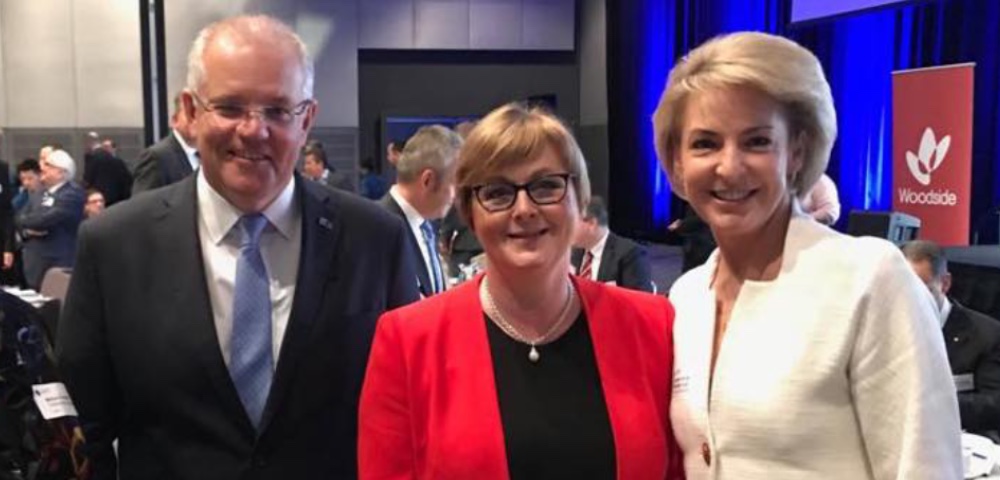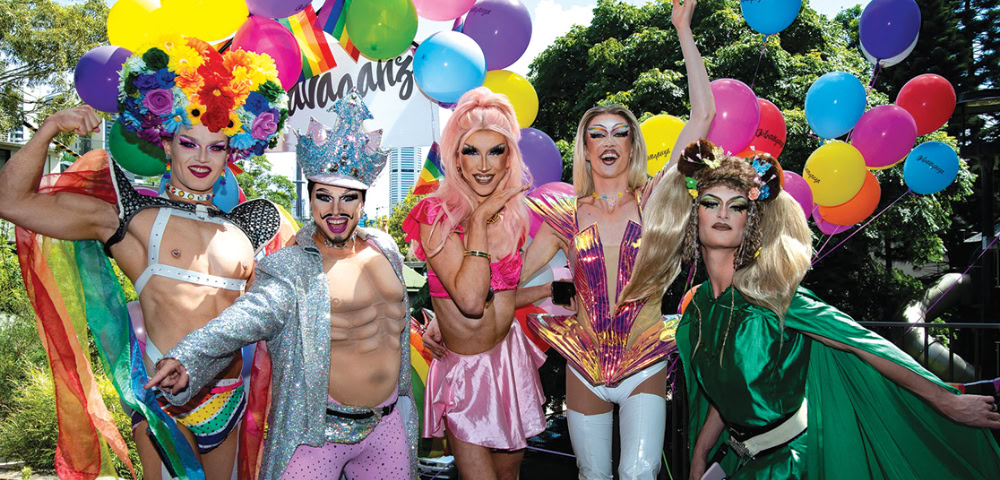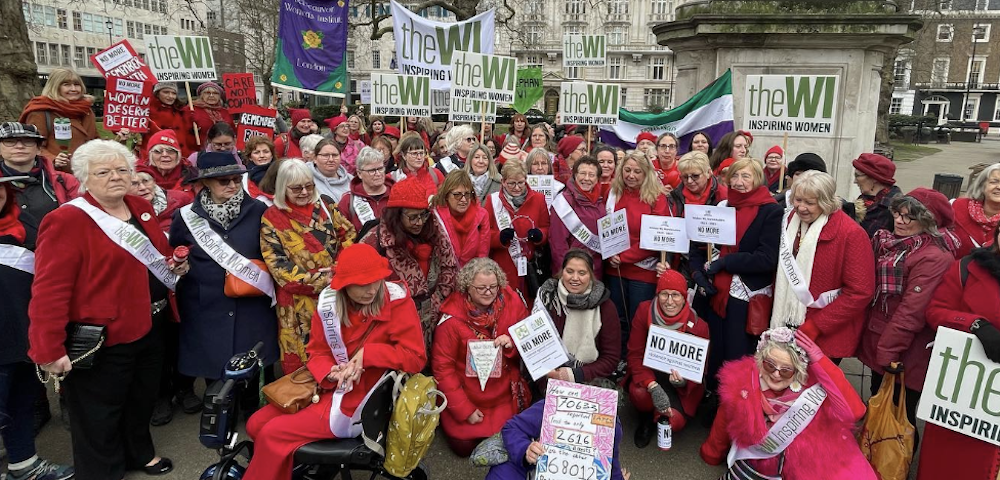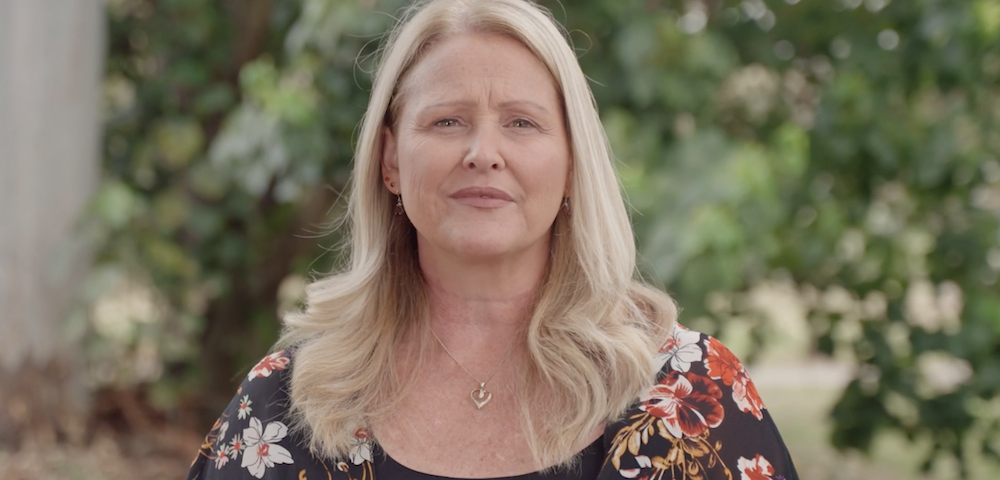
Religious Discrimination Bill Will Retain Controversial ‘Folau Clause’, Claims Christian Lobby

The Federal government is finalising a new draft of its Religious Discrimination Bill and it will retain the controversial ‘Folau Clause’, Australian Christian Lobby’s Managing Director Martyn Iles has claimed.
Iles made the revelation on Monday in an interview with Vision Christian Radio on the show 20Twenty With Neil Johnson.
The Religious Discrimination Bill was a promise Prime Minister Scott Morrison made to religious and faith-based groups during the 2019 Federal elections. It was seen as a measure to placate conservative religious groups, after Australia voted for Marriage Equality in 2017.
Attorney General Michaelia Cash had indicated that the new draft of the bill would be placed before the Parliament in December.
The Folau Clause
The earlier drafts of the bill had sought to protect “statements of belief” made in the name of religion. One of the most controversial provisions proposed to ban indirect discrimination and prevent employers from framing policies and social media codes to bar employees from expressing their religious views.
The provision was dubbed the ‘Folau clause’, after Rugby Australia’s decision to terminate Israel Folau’s contract over his homophobic social media posts where he said “hell awaits” “sinners” including “drunks, homosexuals, adulterers, liars, fornicators, thieves, atheists and idolators” and they they should “repent”.
The clause was opposed by LGBTQI rights organisations as well as recently by some Liberal MPs who said the Folau clause was “unacceptable” to them.
Iles’ claimed that the Attorney General intended to retain the Folau clause, and this was instrumental in the coalition of faith-based groups reluctantly accepting this new draft of the bill, despite its many “flaws”.
Religious Groups Are Negotiating With PMO, AG

Iles said the Lobby was “part of a coalition of faith leaders who jointly have been negotiating very closely with the Attorney General, and with the Prime Minister’s Office.”
“The bill is extremely close. We are just in the very final day or two of negotiation,” he said.
Iles said that the coalition of faith leaders had been “applying pressure to get the last few concessions out of the government”. Though the religious groups did not get everything they wanted, Iles said there was a sense of “reluctant support”.
“They can see that the bill does make a couple of key offerings, which will make a difference in this country. So for ACL’s part, we are staunch advocates, and very, very strongly applying pressure from a grassroots level and from a lobbying level to ensure that the ‘Folau clause’ remains in the bill. That is the clause named after Israel Folau. If somebody talks about their faith in their own private time then their employer cannot sack them,” said Iles, adding that they fought “fought tooth and nail” for the inclusion of the ‘Folau clause’.
“That was one great win – this final draft of the bill will contain a Folau clause. It’s not perfect, but it’s not bad. And it does exist within the bill,” claimed Iles.
“That’s where we are right at this minute, we’re in the last couple of days of negotiations, and we might get a couple of extra concessions,” the Lobby’s managing director added.
Religious Discrimination Bill
LGBTQI organisations like Equality Australia have criticised earlier drafts of the bill that ostensibly sought to prohibit discrimination on the basis of a person’s religious beliefs.
Equality Australia said that the earlier versions of the bill “threatens our access to healthcare, and undermines inclusive workplaces, schools and services. Laws which should protect religious people from discrimination will be used to hand a licence to discriminate against LGBTIQ+ people, women, people with disability, and others.”
The Attorney General was urged to meet with the LGBTQI+ community before finalising a draft of the Bill.
A growing number of Liberal MPs, including Queensland Liberal MP Warren Entsch and Wentworth MP Dave Sharma had voiced their concerns about the bill.
“I support a Religious Discrimination Bill that is narrowly focused on its main purpose, which as I see it is to protect people against discrimination on the basis of their religion, but this cannot be the expense of the hard-fought rights of the LGBTQI+ community,” Sharma had told Star Observer in July.









